The Communist Party of Cuba has just finished its 8th Congress. It has held its first congress in 1975. The Communist Party Congress is the most important political event on the island. There were three days of extensive debate and analysis around the main issues in the socio-economic life of the country. Raúl Castro accomplished his work as First Secretary of the Central Committee and delivered the Central Report as part of the first session of the Cuban communist militancy meeting. The reins of the Party were handed over to a new political leadership, in a transcendent transgenerational step.
Miguel Díaz-Canel, President of Cuba, was elected to replace Raúl as the head of the leading political organization of the nation. He is already on his way to leading an all-out fight that has been going on for 6 decades. In the framework of the pandemic, Cuba is about to deploy two vaccines against Covid. Resistance and revolution are also played on that dimension. The Cuban Revolution continues to be a beacon and an example for the peoples of the world.
The 8th Congress of the Communist Party of Cuba
The congress ended on April 19, the date on which Cuba commemorates the 60th anniversary of the victory at Playa Girón against the mercenary invasion armed and financed by the United States. At the beginning of the Congress Raúl Castro announced that he would not accept proposals to remain in the higher organs of the organization. He said he will continue as a revolutionary combatant “until the end of my life.”
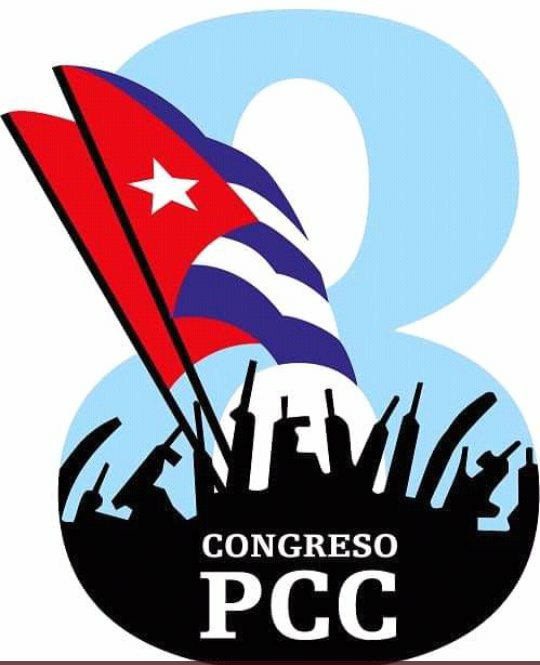
Raúl was replaced by Díaz-Canel, who before being president was First Secretary of the Party in the provinces of Villa Clara and Holguín for 15 years. Then he was Minister of Higher Education, Vice President of the Council of Ministers and First Vice President of the Councils of State and Ministers. He simultaneously attended the Party´s ideological front.
Among the first statements in his new position, he said, pondering the pandemic situation, that the Revolution is alive, “active and firm in the midst of the most unequal and unjust storm after the collapse of the socialist system.” On Wednesday he announced on his Twitter account that he had a fraternal telephone conversation with Russian President Vladimir Putin, with whom he ratified the will to advance political and economic ties.
In his virtual speech at the XXVII Ibero-American Summit of Heads of State and Government, Díaz-Canel, regarding Cuba’s handling of the disease assured that in Cuba science and innovation have been key factors in the development process and in the pursuit of social justice. “This premise, which is a fundamental part of the legacy of the historical leader of the Cuban Revolution, Commander in Chief Fidel Castro Ruz, has allowed us to face the current pandemic under the blockade” he said in his speech.
The first plenary session of the new Central Committee (the highest body of the PCC) decided the number of members of the new Political Bureau, which in turn elected the first and second secretaries. In addition to Díaz-Canel, there were elected to conform the new Political Bureau the President of the National Assembly of People’s Power (Parliament), Esteban Lazo; the Vice President of Cuba, Salvador Valdés; the Prime Minister, Manuel Marrero; the Vice Prime Minister Roberto Morales. Also became part of this structure Teresa Amarelle, from the Federation of Cuban Women, the heads of the Revolutionary Armed Forces, General of the Army Corps Álvaro López, the Minister of Interior, General of Division Lázaro Álvarez, the Chancellor of the Republic, Bruno Rodríguez and the General Secretary of the Central of Cuban Workers, Ulises Guilarte.
Cuba and Latin America
As part of his Central Report offered to the debate of all the militancy, Raúl Castro –before leaving office, recalled the general guidelines of the Revolution’s struggle experience, which are also the reasons for its validity and promising future. Among these aspects, he highlighted the position of the island with respect to the rest of the continent, in the current balance of political power.
On the one hand, he condemned the permanence of the Monroe Doctrine in US foreign policy, fed from its own roots by the imperialist mindset of Manifest Destiny. In that frame, the OAS (Organization of American States) turns to be its neocolonial institutional arm, the Inter-American Treaty of Reciprocal Assistance (TIAR) its armed wing.
He also stressed the importance of the revolutionary, popular and progressive experiences in the region, for which Cuba is also what it is today. The capability of the US to interfere will be determined by the correlation of social forces on a regional scale. He denounced hat “The US government decided to launch a specific offensive of aggression against Venezuela, Nicaragua and Cuba from the end of 2018” with the purpose of overthrowing of the governments of the three countries. The axis of evil is still safe and sound in Washington´s imaginary.
Castro deplored the politically motivated judicial processes against progressive forces as well as the smear campaigns carried out “with the support of the corporate mass media, to weaken them and thereby prevent their participation in or access to governments.” He reiterated the staunchly Cuban solidarity with Venezuela, “with the civic-military union of its heroic people, and with its only and legitimate president, comrade Nicolás Maduro Moros.”
He supported Daniel Ortega of Nicaragua and greeted President Luis Arce of the Plurinational State of Bolivia. He backed “the political processes headed by Presidents Andrés Manuel López Obrador in Mexico and Alberto Fernández in Argentina, in their efforts to reverse the consequences of the implementation of neoliberal policies that caused so much damage to their nations.”
He reaffirmed Cuba’s solidarity with the former President of Brazil Luiz Inácio Lula da Silva “against whom politicized legal proceedings were filed”; he defended the self-determination and independence of Puerto Rico and the commitment to the brotherly people of Haiti “for which the international community should do a lot more”. Also, he affirmed the “support for the efforts of the Argentine Republic to regain sovereignty over the Malvinas, South Georgia and South Sandwich Islands.”
Cuba’s commitment to the unity of Latin America and the Caribbean is unshakable he said. Unlike imperialism, the will to promote cooperation and regional integration is part of the Cuban mindset.
A criminal Blockade
According to data from the Cuban Ministry of Foreign Affairs, Trump imposed 242 new sanctions on the island during the four years of his mandate, affecting more than 200 Cuban companies, causing economic losses of 4,000 to 5,000 million dollars to the country, for each year. It was a rugged phase in the war against Cuban Revolution.
The infamous US laws Torricelli (1992) and Helms-Burton (1996) persist. Both political-judiciary devices seek the internationalization of the blockade and to hinder foreign investment on the island, as well as generate problems for those who favor or promote cooperation with Cuba.
Castro and Díaz-Canel recalled that the blockade is a crime against humanity. It is an economic, commercial and financial siege conceived and executed by Washington – administration after administration. The purpose is to undermine the support of the Cuban people, trying to subject them to hunger and necessity. To punish Cuba and Cubans living inside and outside the country, the US limited and later virtually cut off any possibility of remittance of money to Cuba. Over 60 years the blockade produced accumulated damages of more than $144 billion.
In the framework of the infinite blockade suffered by Cuba, Castro recalled that the tourism sector, central to Cuba’s foreign exchange income, suffered a drop in 2019 as a result of the measures adopted by the North American administration, in addition to the devastating effects of the global COVID-19 pandemic.
As Castro defined it in his speech delivered to Congress, Cuba faces an incessant and asymmetric unconventional war. The objective of the US is to keep Cuba surrounded in permanent alert in order not to let them grow. The blockade is a military measure that nowadays strongly affects the normal development of the country’s health system and aims to limit the sovereign scientific and technological development of the island.
Nonetheless, in his report, Castro reiterated the will to develop a respectful dialogue with the US and “build a new type of relations, without pretending that for this, Cuba renounces the principles of the Revolution and Socialism, and makes concessions inherent to its sovereignty and independence, yields in the defense of its ideals and in the exercise of its foreign policy”.
Economic projection
In his delivery of the Central Report, Castro pointed out that there are “structural problems of the economic model” that is not providing “sufficient incentives for work and innovation.” To permanently transform this scenario, he said, it is necessary to grant “greater dynamism to the process of updating the social and economic model, so to foster a suitable combination of the centralized nature of planning with the autonomy and decentralization that is needed in the intermediate and basic instances of the business system and local governments”.
He indicated that it is necessary to consolidate the investment process, “enhance productivity and efficiency in the performance of the state sector of the economy, while non-state forms of management are relaxed and institutionalized”.
While progressing in this process, the government is dealing not only with US imperialism, but also with sectors that dream of capitalist restoration and the massive privatization of people’s property of the main means of production. Also, the government faces those who hope that the socialist principle of the state monopoly of foreign trade will explode, while demanding that private commercial importation be authorized with the aim of establishing a non-state system of internal trade.
As Raúl said, “only under the conditions of the socialist system, based on social justice, the unity of the people around the Party and the joint and united effort to defend the country, can an underdeveloped and relatively small nation like ours, with scarce natural wealth, avoid the collapse and even advance in its development.”
Cuba, vanguard against Covid
The island is poised to become a global power in the field of coronavirus vaccines. In addition to resisting the aggression of the imperialist virus for 60 years, the country is now developing five new vaccines against Covid-19. Two of them are already in phase III trials. The island will have its own vaccine with which to immunize its entire population (11.2 million inhabitants). In the coming months Soberana 02 (Sovereignty) together with the Abdala vaccine, would become the first anticovid vaccines conceived and produced in Latin America.
The Cuban biotechnology industry and the BioCubaFarma companies’ conglomerate (the Center for Genetic Engineering and Biotechnology and the Center for Molecular Immunology stand out) have built over the decades an infrastructure capable to produce an estimated 100 million doses during 2021. Latin America is watching.

Plainly and simply, this is the result of having prioritized investments in education and health for decades. Fidel Castro proposed to carry out this strategic policy at the outset of the Revolution. Along with the victory of 1959, half of the doctors fled the country.
Thousands of doctors had to be trained to attend to the health of the population. Faced with the blockade, Fidel focused on the necessities of the new health system and promoted Cuba’s self-sufficiency to face the insufficient supply of foreign-made drugs. In the 1980s, Cuba produced Interferon against the dengue epidemic. Cuba was the first country to develop a meningococcal vaccine.
In the early 1990s they manufactured a vaccine against hepatitis B widely used throughout Latin America and Africa. In 2017, clinical trials of the Cuban Cimavax treatment for lung cancer began at a specialized center in New York. Today the country produces 8 of the 11 vaccines needed for the national context and exports them to more than 30 countries.
That´s the reason why the blockade targets the scientific and health system. Consider, for example, the possibility of not being able to buy enough containers to dispense the 100 million doses of vaccine. Also, it is difficult and extra expensive to obtain spare parts for high technology equipment and other resources necessary for the maintenance and construction of hospitals, healthcare centers mand molecular biology laboratories. Cuba must import practically all the elements and supplies.
Castro made it very clear: the country’s response to Covid-19 was outlined by the strategic project of Cuba. It’s characterized by the contribution of scientists and experts in the development of research and innovations, with the immediate introduction of its results aimed at the prevention, diagnosis, treatment and rehabilitation of patients.
Cuba remains tirelessly in the fight against Covid. The country has a death rate of 0.56 percent, and although that of the world is 2.14 and Latin America of 2.42, the Ministry of Public Health is considering it too high and seeks to further lower it. So far in April, about 20,000 citizens have fallen ill with the SARS-CoV-2 virus, at a rate of approximately 1,000/1,100 cases per day. The country accumulates 3,429,088 samples carried out and 96.760 were positive (as of April 22). To this must be added the recent news that Argentina will produce the Russian Sputnik V vaccine. The Alberto Fernández government, in association with the Richmond laboratory (the country has a strong tradition of local pharmaceutical industries), are expecting to produce 1 million doses per month. The role of Cuba and Argentina in this regard is a breath of fresh air for Latin America.







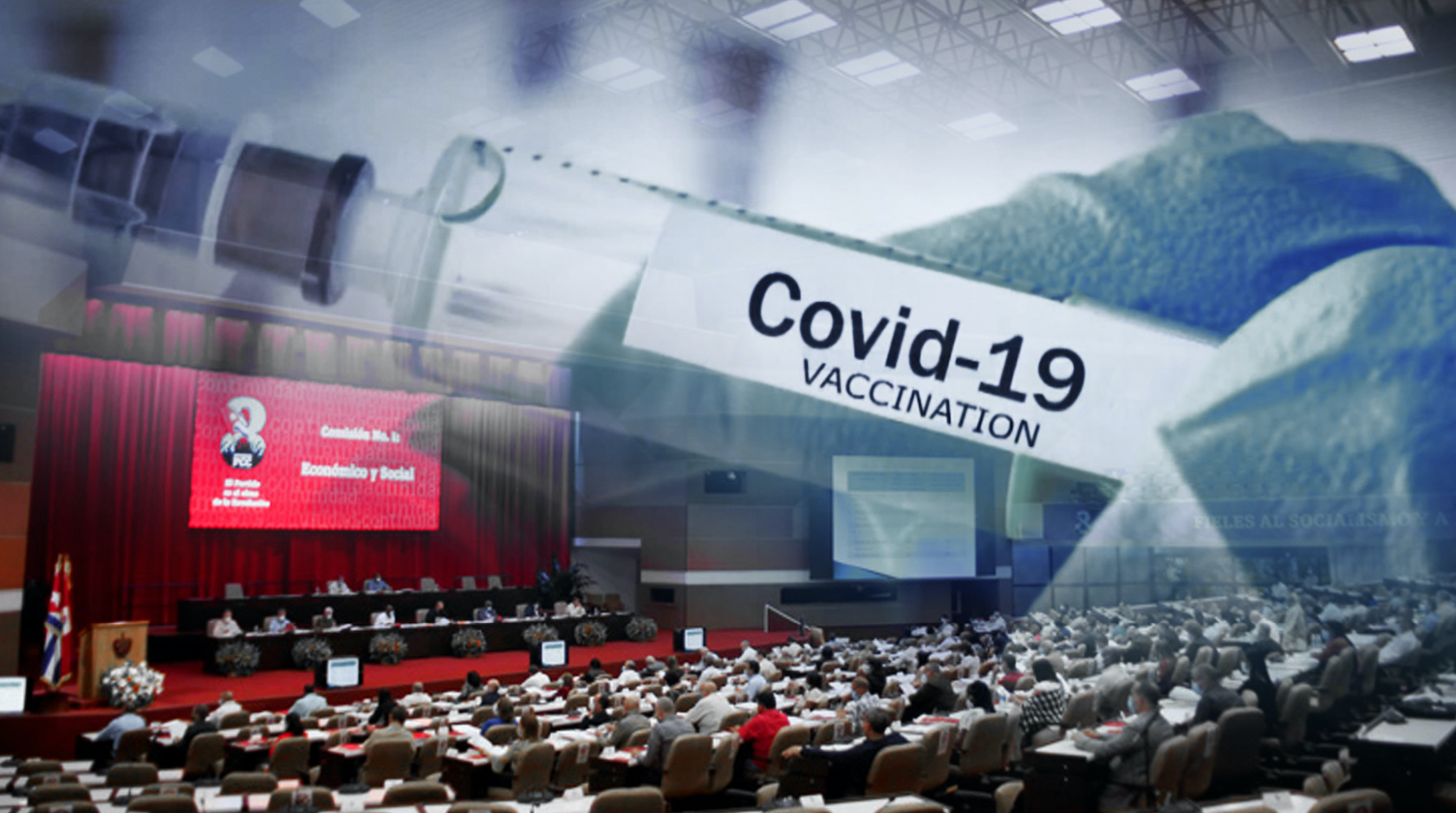
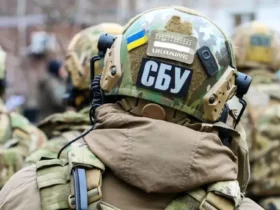
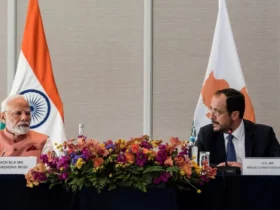
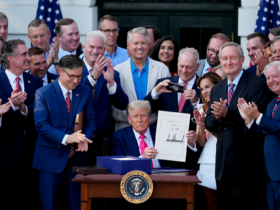
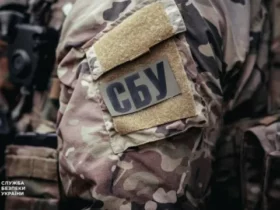
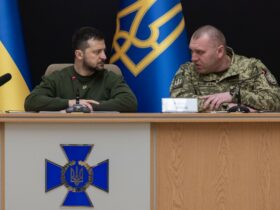




Leave a Reply